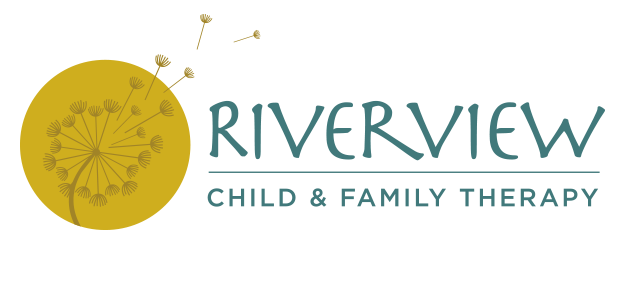It’s likely that your child has been involved with bullying in one way or another; either as a victim, a witness, or a even perpetrator. It’s also likely that if your child has indeed been involved with bullying, you don’t know anything about it. Bullying is a sensitive topic and kids might be reluctant to discuss it with their parents. There are steps you can take to open the lines of communication and encourage your kids to feel comfortable seeking adult assistance regarding bullying. October is national anti-bullying month, so now is the time to talk about it with your kids.
As you probably know, bullying nowadays is a lot more complicated than a big kid taking a smaller kid’s lunch money. Bullying can take on many forms and is not always overtly visible to others. Make that your child understands the various types of bullying such as physical (hitting, kicking), verbal (name calling, put-downs), social (gossiping, socially excluding), sexual (explicit comments, sexual advances), and cyber (text, facebook, online gaming).
Relying on feelings is a good way to explain bullying to kids. If a child feels hurt, sad, scared, or worried due to the intentional actions of others, then they might be being bullied. Likewise, it is important to help children recognize that if they intentionally engage in actions that cause these emotions for others, then their behaviors may be considered bullying. For children with special needs or kids that have difficulty identifying feelings, specific examples should be given.
Even if the anti-bullying conversation you have with your child is limited to 60 seconds, it can be powerful and effective. Make sure your child knows that (1) you do not tolerate bullying of any kind and that (2) they can trust you and ask you for help when they need it. And, as always, lead by example. Treat your children and others in your life with kindness and respect.



